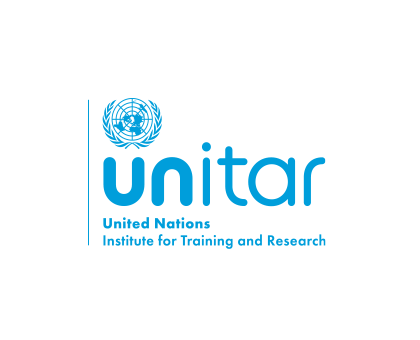The "Strengthening Capacities in the Use of Geospatial Information for Improved Resilience in Asia-Pacific and Africa" project (2021-2024) aims to develop sustainable capacities and implement tailored geospatial solutions to enhance policy and decision-making processes in resilience building. With the support of the Norwegian Agency for Development Cooperation (NORAD), UNOSAT leverages technological advances and innovation to improve decision-making in Disaster Risk Reduction, Climate Resilience, Environmental Preservation, and Food Security in eight target countries: Bangladesh, Bhutan, Fiji, Lao PDR, Nigeria, Solomon Islands, Uganda, and Vanuatu.
GeoNode is a geospatial content management system, a platform for the management and publication of geospatial data. It brings together mature and stable open-source software projects under a consistent and easy-to-use interface allowing non-specialized users to share data and create interactive maps. Data management tools built into GeoNode allow for integrated creation of data, metadata, and map visualization. Each dataset in the system can be shared publicly or restricted to allow access to only specific users.


